10 gallbladder attack symptoms
 Article Sources
Article SourcesYour gallbladder is a small organ in your upper right abdomen. This pear-shaped organ sits underneath your liver and captures the bile your liver produces. Bile is a liquid that helps your body digest fatty foods, such as oils or nuts. Sometimes bile hardens instead of passing through your body normally. When this happens, you may develop gallstones. Gallstones don’t always cause issues. However, gallstones can get stuck in bile ducts, resulting in painful inflammation or spasms. When gallstones trigger the symptoms of a gallbladder attack, you may require medical treatment, such as an endoscopic retrograde cholangiopancreatography (ERCP) or gallbladder removal.[[5]]
Pain in the Upper Abdomen
Your gallbladder is located on the right side of your body, so pain in your upper right abdomen is a common sign of a gallbladder attack.[[3]] The pain may be sharp, dull or mild. You may also feel a burning or gnawing sensation as one of your gallbladder attack symptoms. The pain may spread across your chest or abdomen. Some people experience pain in the center of the chest or left side of the abdomen instead of the right side.
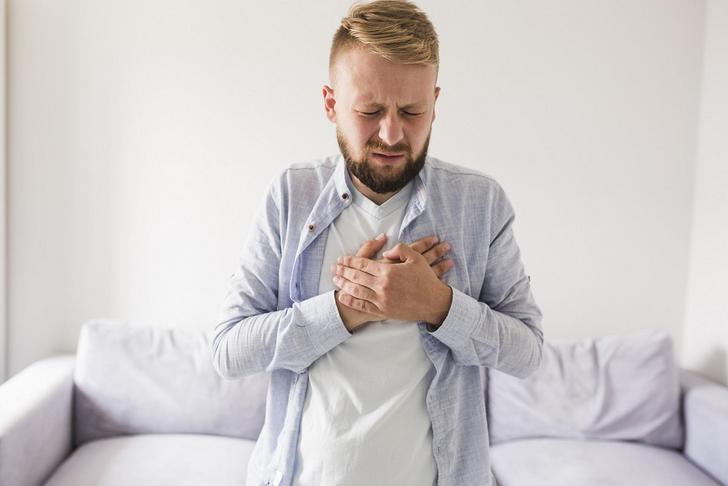
Advertisement
Dizziness or Lightheadedness
A sensation of dizziness or lightheadedness can make you feel off balance, weak or uncomfortable in your own body. You may develop these gallbladder attack symptoms if you are restricting your food or water intake due to fear of aggravating your condition. Gallstones can cause infection if they become stuck. This may also make you feel dizzy or lightheaded, so it’s important to get prompt medical care if you suspect your gallbladder or any other organs are infected.
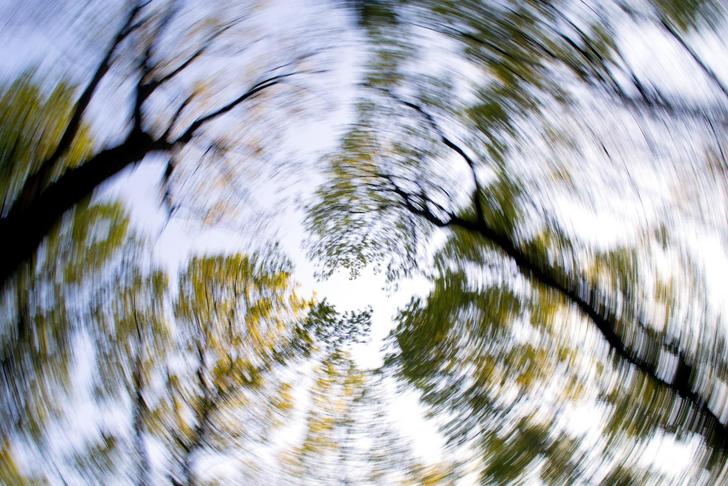
Advertisement
Bloating
Bloating can make your abdominal area look or feel bigger than it usually is. During an episode of bloating, your abdomen may feel tight or full. You may also notice that you feel gassy when you are bloated. This can cause flatulence or belching during a gallbladder attack. You can experience gallstone-related bloating with or without pain.[[7]] Other common causes of bloating include irritable bowel syndrome, gastroparesis and bacterial overgrowth in the small intestine known as SIBO.
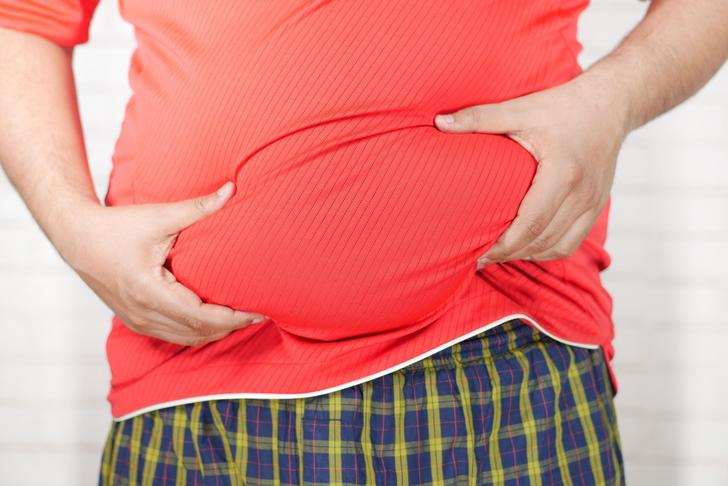
Advertisement
Chills
If you find it difficult to get warm, even with help from a hot bath or blankets, you may be experiencing chills. Chills can be one of the more serious symptoms of gallbladder attack.[[8]] As with dizziness and lightheadedness, you may notice chills if your gallbladder becomes infected. A gallbladder infection can be serious, and left untreated, it can become fatal.[[8]] Seek immediate medical attention if you experience chills, fever or other potential signs of an infection during a suspected gallbladder attack.
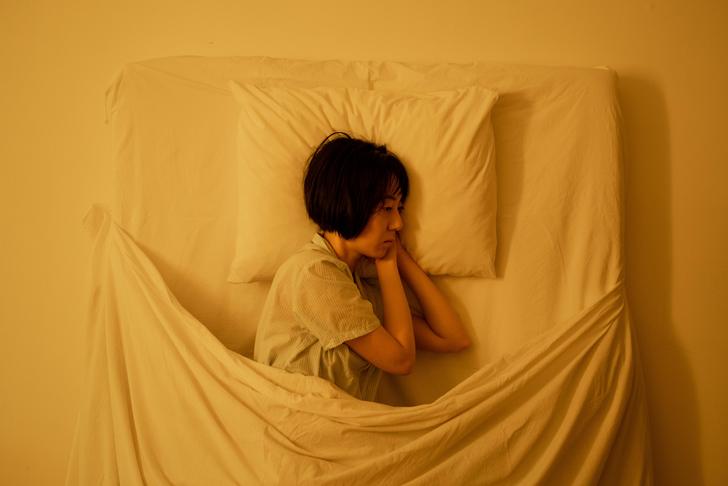
Advertisement
Shoulder Pain
Gallbladder pain often appears in the upper right abdomen, but you may also notice shoulder pain during an attack. Shoulder pain is a type of referred pain that sometimes occurs during a gallbladder attack. This means your body is sending pain signals to your shoulder instead of the gallbladder region, but your shoulder is okay. You may also notice pain in your back or neck during a gallbladder attack. Talk to your doctor if you have unexplained back, neck, or shoulder pain.
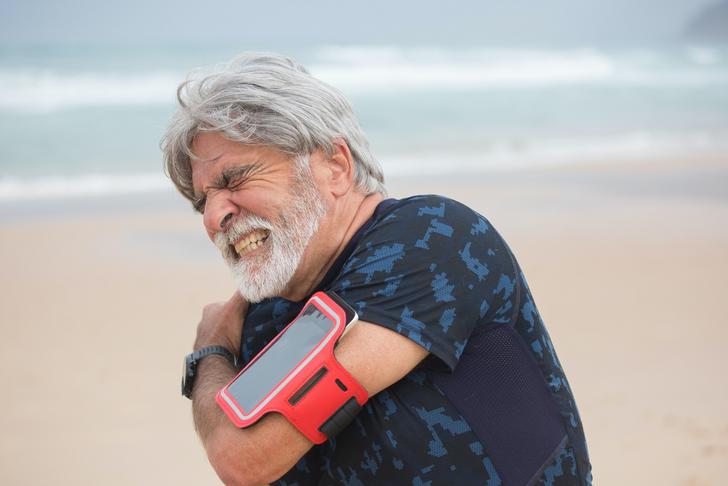
Advertisement
Nausea
Nausea is a potential gallbladder attack symptom. When you feel nauseous, you may feel a sensation of sickness in your abdomen or stomach. You may also become weak, sweaty or restless due to the nausea. Nausea does not always cause vomiting, but you may feel as if you need to throw up when nausea strikes. You may experience nausea or other symptoms of gallbladder attack for a few minutes, or your discomfort may persist for hours.[[3]]
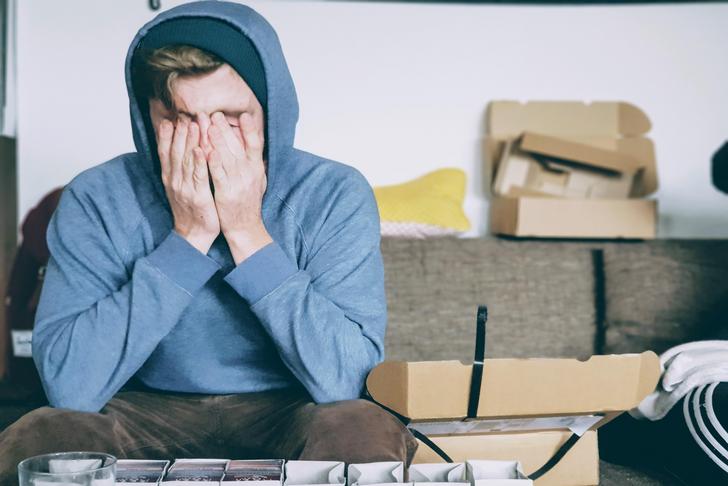
Advertisement
Vomiting
Vomiting occurs when you empty the contents of your stomach, often involuntarily. During a gallbladder attack, your vomiting may be accompanied by other symptoms, such as nausea or indigestion. Pain is often the main reason why people vomit during a gallbladder attack, but vomiting can also occur due to small bowel obstruction.[[10]] Contact your medical team right away if your vomit contains gallstones or if you are vomiting bile, which is a yellow liquid.
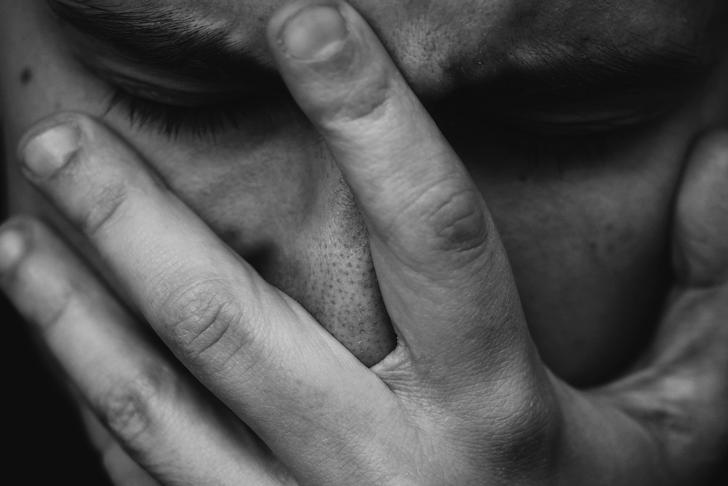
Advertisement
Loose Stools or Diarrhea
During a gallbladder attack, you may find yourself rushing to the bathroom. Loose stools or diarrhea can both be signs you are having a gallbladder attack. Bathroom problems and other gallbladder attack symptoms may occur after eating a fatty or spicy meal.[[11]] You may also experience urine changes during an attack. If your urine becomes darker than usual or looks like tea, let your doctor know right away. Dark urine can be a sign of bile duct obstruction.[[12]]
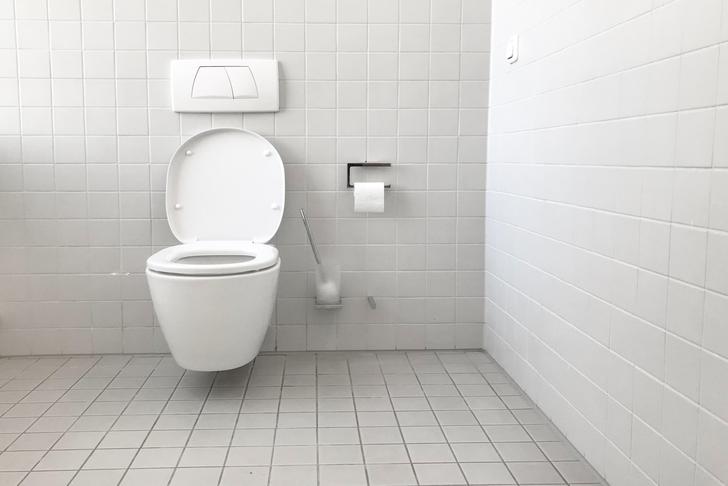
Advertisement
Yellow or Tan Feces
Pay attention to your stools if you think you may have gallbladder problems. Bile helps give stools their signature brown color.[[13]] If gallstones are blocking your bile ducts, you may notice your feces looks lighter than usual. You may have stools that are yellow, tan, or the color of clay. Other conditions associated with light-colored stools include viral hepatitis and sclerosing cholangitis. Let your healthcare providers know about any changes to your bowel movements so they can check for gallstones and other digestive issues.
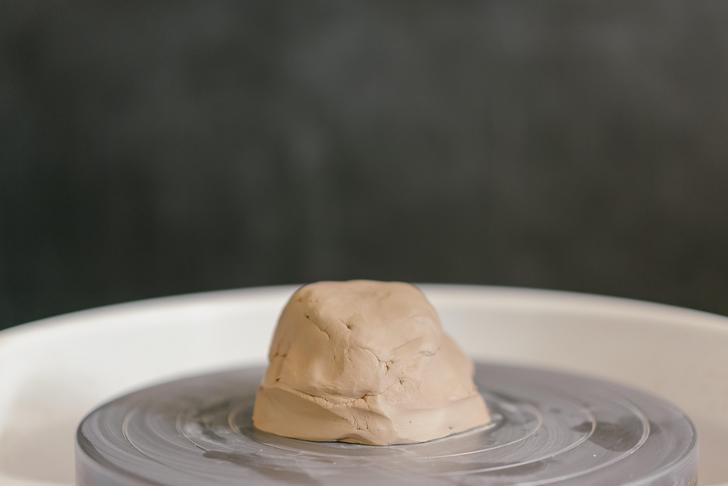
Advertisement
Itchy or Yellow Skin
Keep an eye on your skin during a suspected gallbladder attack, as yellowing or itchy patches can signify a serious problem. When bile builds up in the body because it is not flowing freely, your skin or eyes may turn yellow, and this is known as jaundice.[[13]] Itching is another gallbladder attack symptom you may experience. Let your doctor know if your itching persists or you develop jaundice, as this can indicate bile blockage.[[14]]
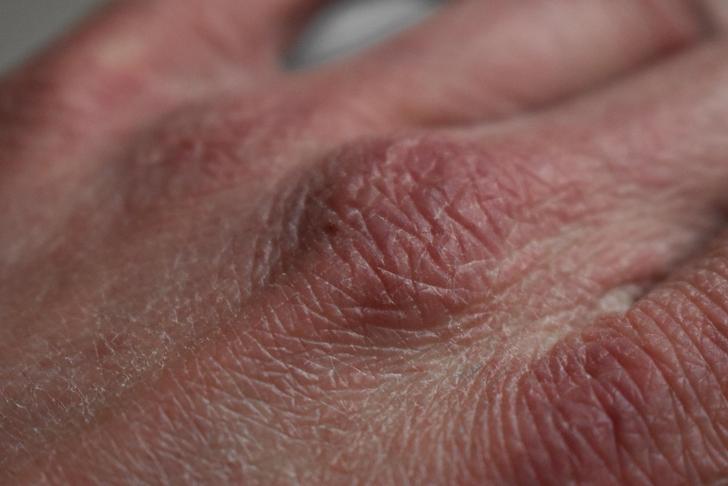
Advertisement





